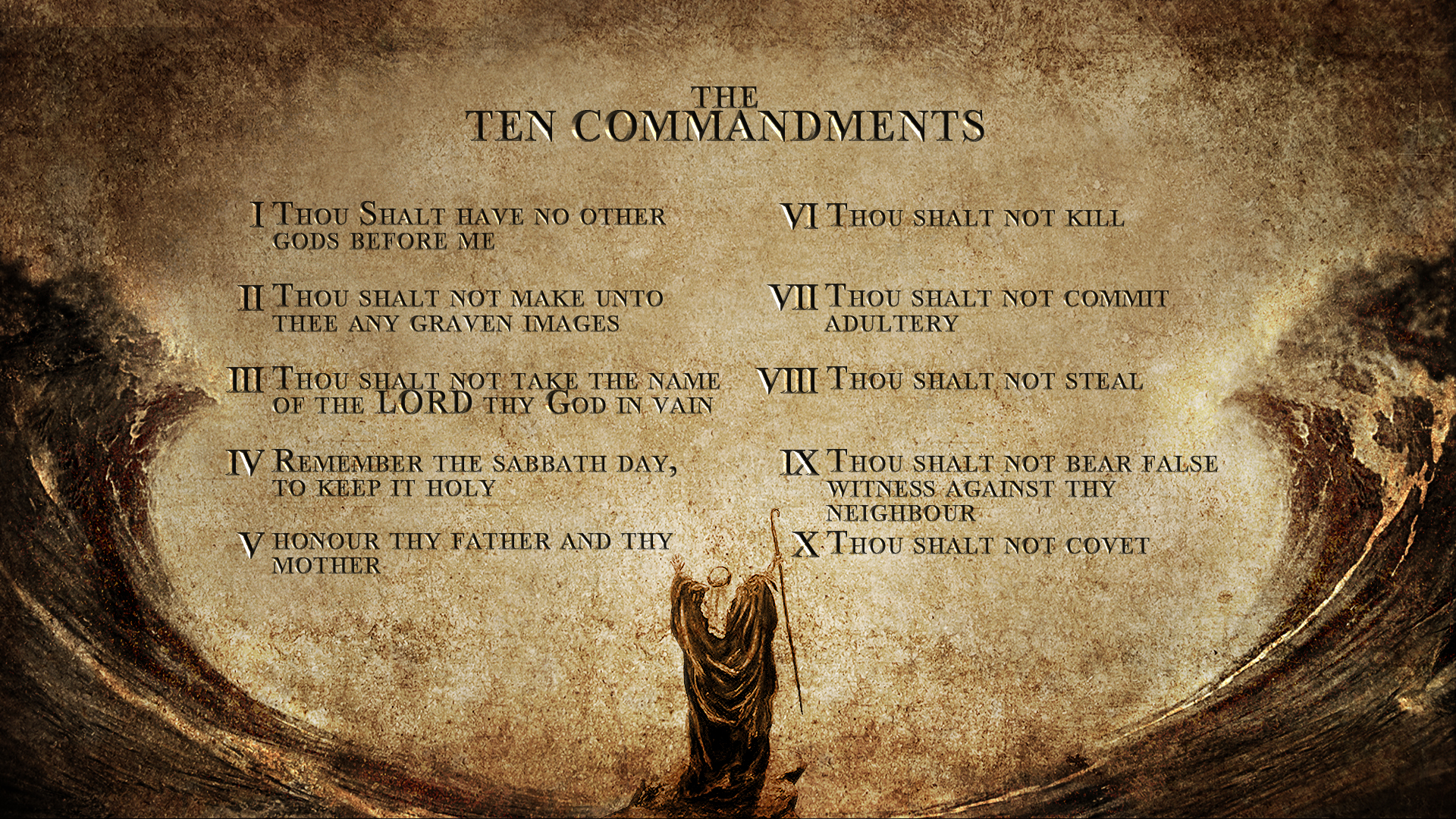WE the MINISTERS and MESSENGERS of and concerned for upwards of one hundred baptized congregations in England and Wales (denying Arminianism), being met together in London, from the third of the seventh month to the eleventh of the same, 1689, to consider of some things that might be for the glory of God, and the good of these congregations, have thought meet (for the satisfaction of all other Christians that differ from us in the point of Baptism) to recommend to their perusal the confession of our faith, which confession we own, as containing the doctrine of our faith and practice, and do desire that the members of our Churches respectively do furnish themselves therewith,
| Hanserd Knollys | Pastor | Broken Wharf | London |
| William Kiffin | Pastor | Devonshire-square | London |
| John Harris | Pastor | Joiner’s Hall | London |
| William Collins | Pastor | Petty France | London |
| Hercules Collins | Pastor | Wapping | London |
| Robert Steed | Pastor | Broken Wharf | London |
| Leonard Harrison | Pastor | Limehouse | London |
| George Barret | Pastor | Mile End Green | London |
| Isaac Lamb | Pastor | Pennington-street | London |
| Richard Adams | Minister | Shad Thames | Southwark |
| Benjamin Keach | Pastor | Horse-lie-down | Southwark |
| Andrew Gifford | Pastor | Bristol, Fryars | Som. & Glouc. |
| Thomas Vaux | Pastor | Broadmead | Som. & Glouc. |
| Thomas Winnel | Pastor | Taunton | Som. & Glouc. |
| James Hitt | Preacher | Dalwood | Dorset |
| Richard Tidmarsh | Minister | Oxford City | Osen |
| William Facey | Pastor | Reading | Berks |
| Samuel Buttel | Minister | Plymouth | Devon |
| Christopher Price | Minister | Abergavenny | Monmouth |
| Daniel Finch | Minister | Kingsworth | Herts |
| John Ball | Minister | Tiverton | Devon |
| Edmond White | Pastor | Evershall | Bedford |
| William Pritchard | Pastor | Blaenau | Monmouth |
| Paul Fruin | Minister | Warwick | Warwick |
| Richard Ring | Pastor | Southampton | Hants |
| John Tompkins | Minister | Abingdon | Berks |
| Toby Willes | Pastor | Bridewater | Somerset |
| John Carter | Steventon | Bedford | |
| James Webb | Devizes | Wilts. | |
| Richard Sutton | Pastor | Tring | Herts |
| Robert Knight | Pastor | Stukeley | Bucks |
| Edward Price | Pastor | Hereford-City | Hereford |
| William Phipps | Pastor | Exon | Devon |
| William Hankins | Pastor | Dimmock | Gloucester |
| Samuel Ewer | Pastor | Hemstead | Herts |
| Edward Man | Pastor | Houndsditch | London |
| Charles Archer | Pastor | Hick-Norton | Oxon |
CONFESSION OF FAITH
Put forth by the ELDERS and BRETHREN Of many CONGREGATIONS OF Christians
(baptized upon Profession of their faith) in London and the Country.
With the Heart man believeth unto righteousness, and with the Mouth Confession is made unto Salvation, Rom. 10:10.
Search the Scr...











